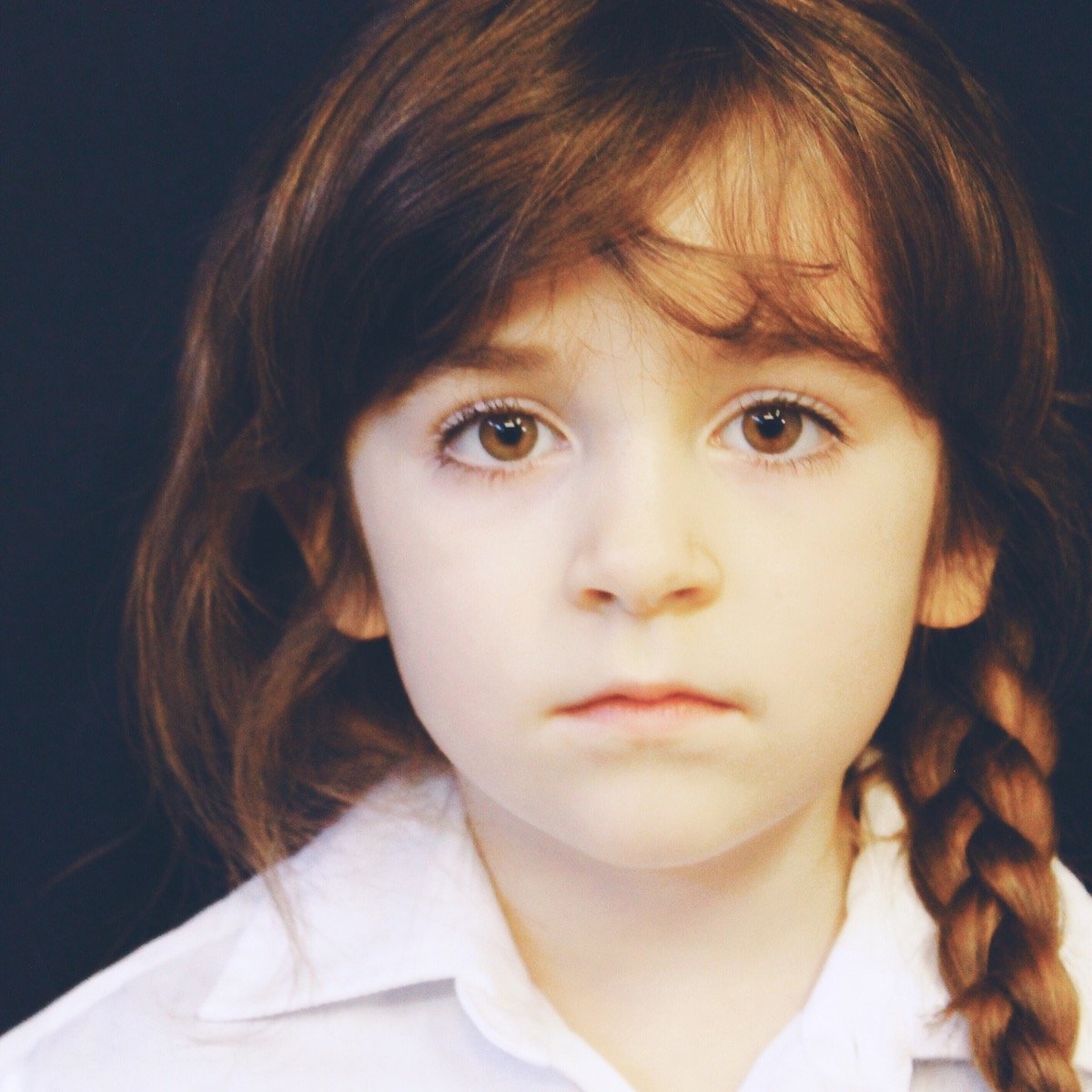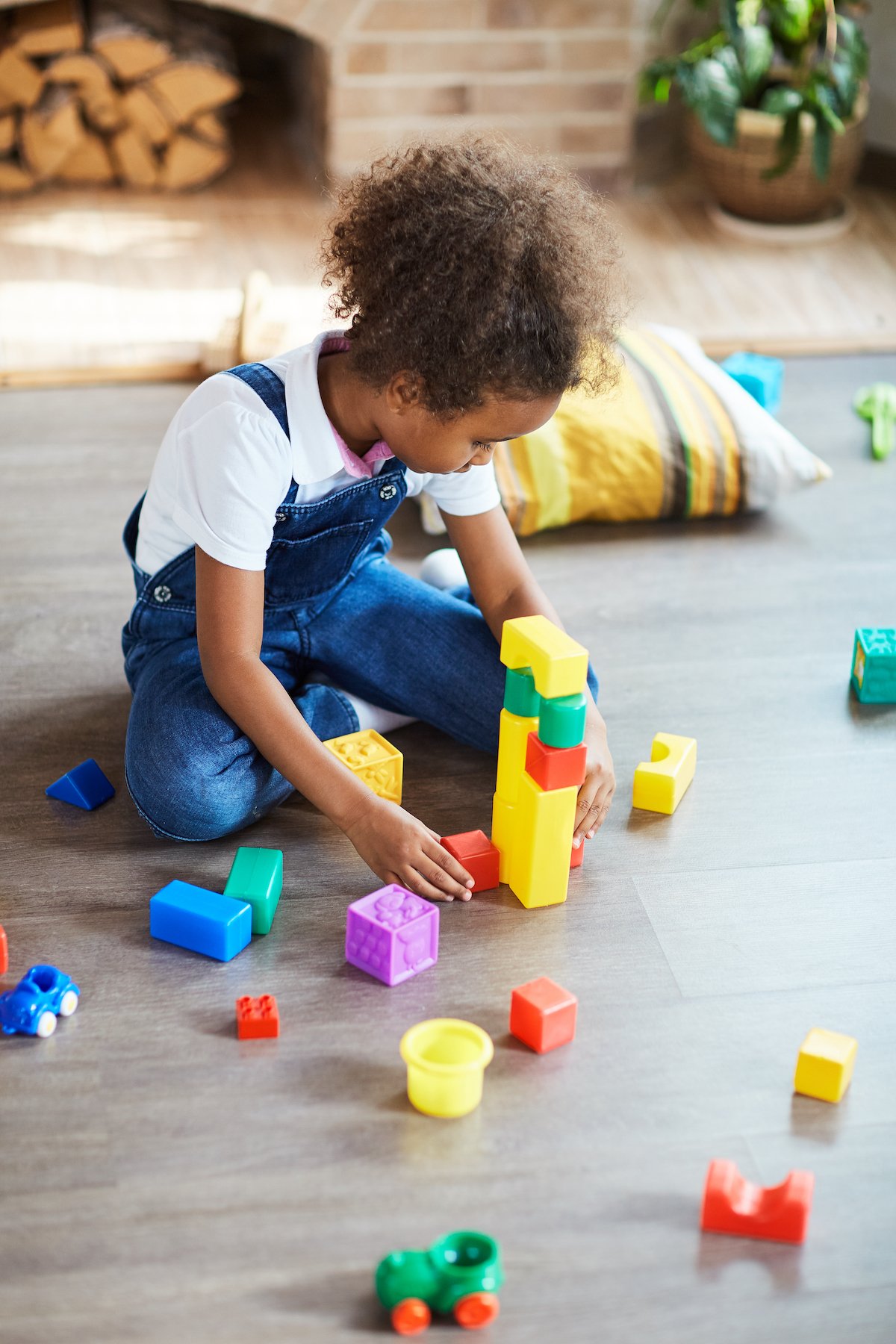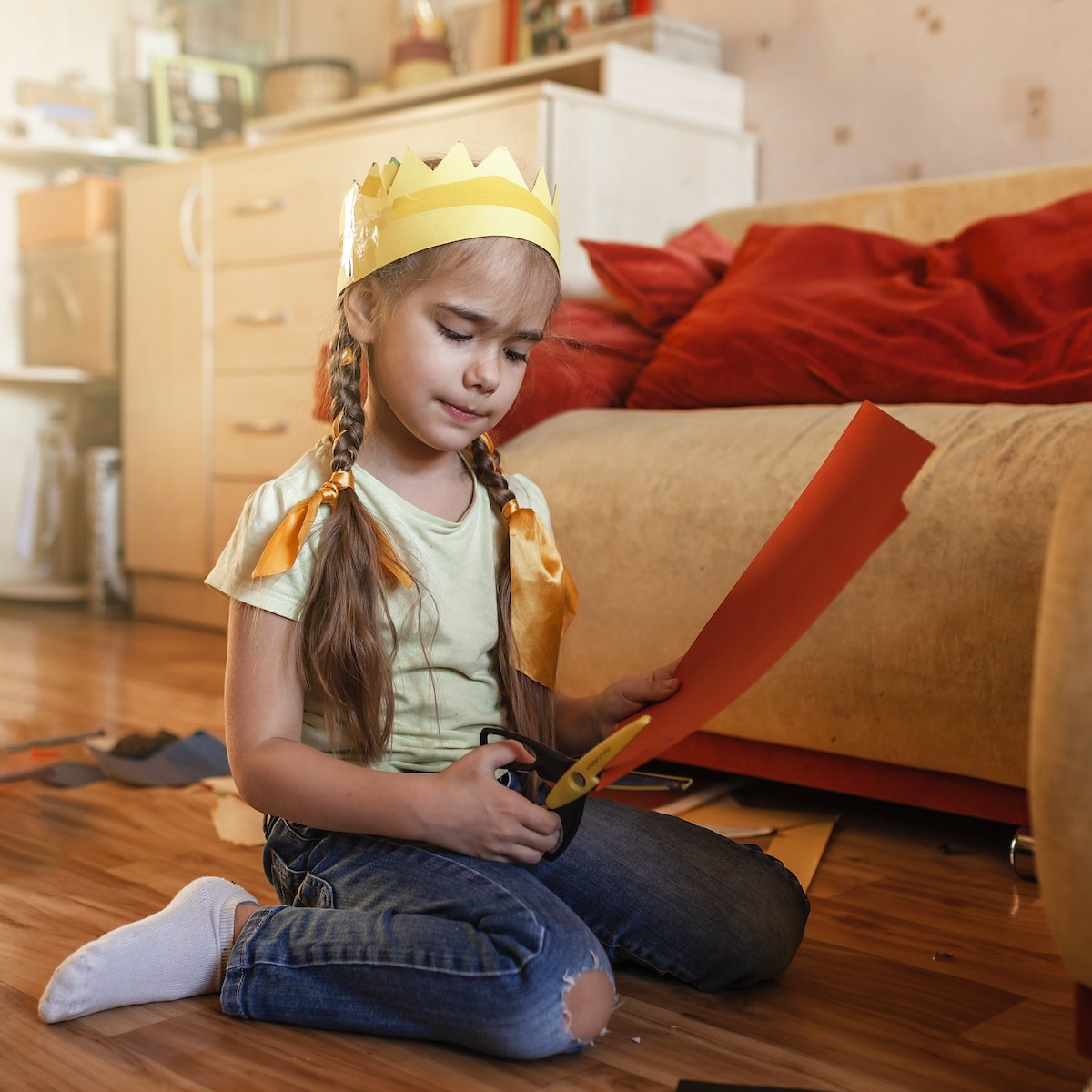Trauma Therapy for Children
Trauma can feel like reliving memories on a loop. Help your child heal and schedule an appointment today.
Trauma Therapy for Children
The event happened recently or years ago, but it seems like it’s still happening… keeping your child tethered to the past. This is because, big or small, the traumatic situation has left such a lasting and significant impression that new experiences become tainted and unmanageable.
Traumatic events can take the form of abuse at the hands of a stranger or loved one; a horrific ordeal, such as a car accident or encounter with a vicious animal; or the loss of someone close.
It can also happen slowly over time, such as experiencing bullying by a classmate or dysfunction in the home.

Lots of negative emotions accompany traumatic experiences.
Guilt, anger, frustration, anxiety, and despair are common reactions when dealing with trauma. Your child may also have nightmares or flashbacks.
These feelings occur suddenly in response to a situation that is like the one they endured, or the feelings may not appear for a while.
You may also find your child pushing away loved ones who try to help them manage their emotions, so they can make progress toward their goals.
For example, a child that has suffered abuse by a relative may be given comfort by their parents, but they are unable to accept this support. Instead, they withdraw or lash out with anger when their parents try to reassure them that they are safe. The pain is just too much to bear, and there is no amount of consolation that can put them at ease.
Unfortunately, the result of these negative emotions is often your child feeling helpless and alone.
Your child’s life continues, but they seem like a shell of their past self.
When a person has constant struggles with scary thoughts and memories of a past event, it is referred to as post-traumatic stress disorder (PTSD). PTSD can occur in response to a car accident, natural disaster, or other physical ordeal.
It can be accompanied by depression, anxiety, and substance abuse issues. There is a tremendous amount of guilt and feelings of helplessness at not being able to change the past event. This can make your child feel like they are incapable of managing future events, not necessarily even like what they endured.
Doubt, insecurity, and fear keep them from believing they are safe and capable of taking chances. They may turn to substances that help them mask the pain. They are no longer the same child. Instead, they are a shell of their past self, whose exterior is so tough it’s hard to get through to the carefree and happy child you used to know.

Therapy can help them heal from trauma.
Healing starts with understanding.
Understanding the signs of traumatic stress reactions is a vital part of treatment.
Young children may experience crying spells, poor eating habits, difficulty concentrating, trouble sleeping, and feelings of guilt and shame. Older kids may self-isolate, appear depressed, develop eating issues, and experiment with illicit substances.
When left untreated, these difficulties could become worse and harder to manage.
In therapy, we bring trauma to the forefront of conversation, so your child will clearly understand its relationship to stress. Anytime your child gets stressed, they will know it is related to the trauma they experienced.
Through this awareness, they can steer away from negative reactions and toward more positive ways to manage. Or stress can provide a cue to help them get back on course if they are derailed. And most importantly, they will gain clarity to begin addressing the underlying negative thoughts and emotions that are defined by and kept relevant by the past traumatic event.

Allowing oneself to experience painful feelings.
For a child this is often the hardest part of therapy.
The trauma brings up unwanted memories and feelings. Bringing it to the surface means your child may “relive” the event as if it is happening now.
It can be physically and emotionally painful to confront such an upsetting experience.
Your child may experience physical symptoms such as hot or cold sweats, headaches, and muscle tenseness. Emotionally, the memories may flood them with emotions of guilt and shame about the past, depression and anxiety related to the traumatic event, or new stress-provoking activities.
Small steps are triumphant, even if things feel worse before they get better.
Confronting trauma improves self-esteem.
When your child embraces new thinking patterns and manages their symptoms, they restore a sense of pride.
When we move past the guilt, your child recognizes they had no control over the past situations.
But they do now. They realize they are in command and the past cannot dictate their future feelings and actions.
I will help your child cultivate strengths and use them to disempower the thoughts and feelings that keep them stuck in the past.
With a clear and in-control mind, they’ll be able to return to activities they once avoided. They will also gain greater satisfaction and a new feeling of purpose.
Thinking positively is a way through.
Imagine your child free from the chains that bind them. They are no longer forced to relive the effects of a horrendous event, such as a car accident.
Trauma therapy will help them learn to see that they have no ability to change the past, but they lived through it and are here to talk about it. More importantly, they will learn to live through better and happier times.
They return to school, strengthen friendships, and enjoy activities without restrictions. When the negative thoughts come up, they will “tell” the thoughts they are safe. They will use language that is bold and positive, such as “I am brave” and “I can face this.”
In therapy, I will help your child own their story and recognize it’s just that, a memory of an unpleasant time in their life. By increasing positive thoughts and relinquishing the power the past has on them, their thinking will be clearer, and they will feel brighter and more empowered. Your child will be excited for a future full of endless potential.

I’m here… waiting to support.
In children and teens, early awareness of these challenges can prevent years of hardship.
By understanding the experiences keeping kids stuck in the past, I help them find ways to move forward, so they can get more joy and fulfillment from everyday situations.
They CAN overcome trauma to return to better times.

Want to know where to start?
In our work together, we will uncover what is missing from your child’s life, what’s holding them back in worry and despair, and what are the ways we can help them move toward a place of happiness and fulfillment.
We provide convenient online sessions.
Schedule An AppointmentContact Us

